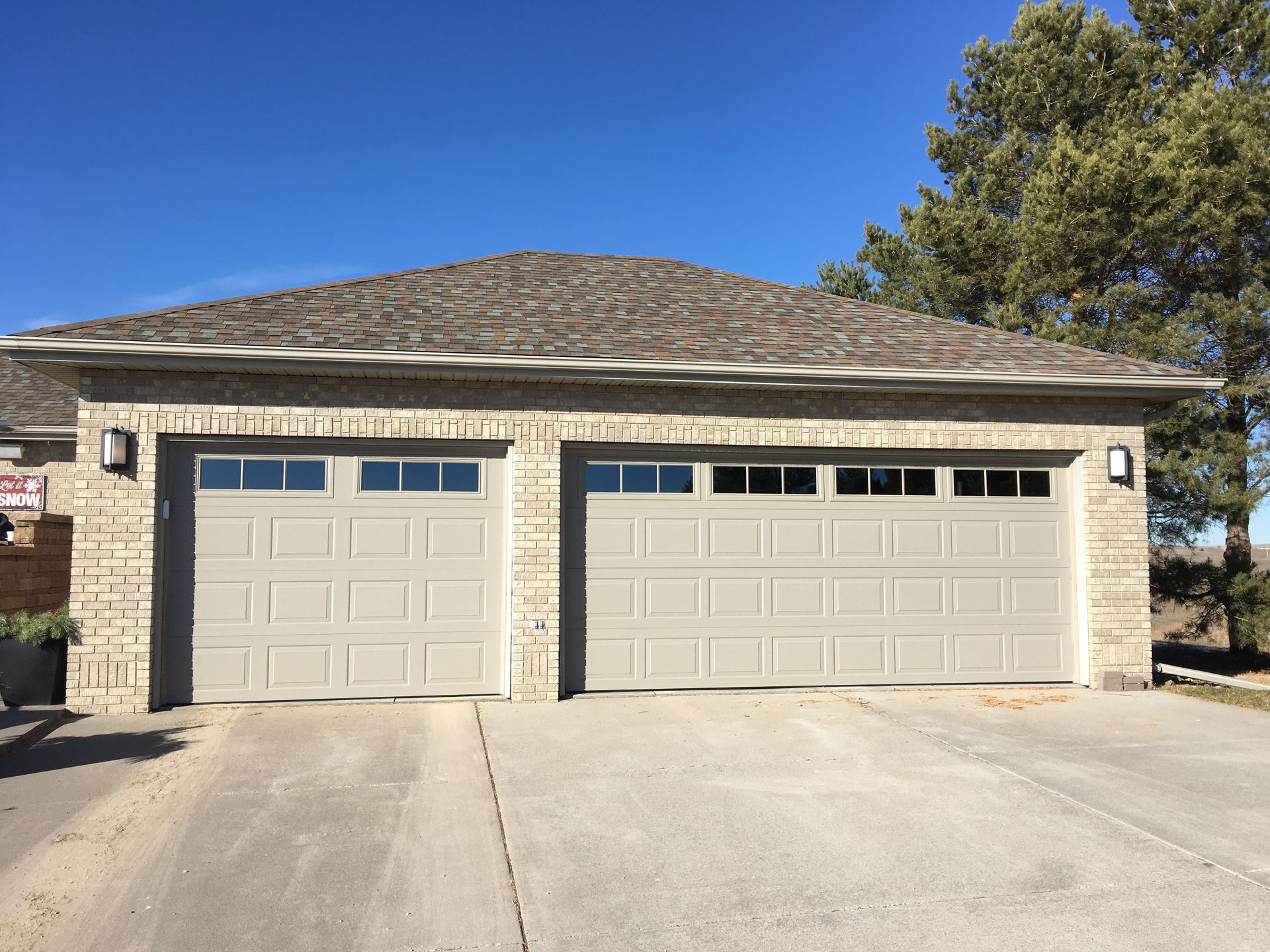Trying to decide between a flat or sloped roof? Each has its perks, but your decision should be based on your requirements, budget, and design preferences. Here’s an overview to help guide your choice.
Pros and Cons of Flat and Sloped Roofs
Advantages and Disadvantages of Flat Roofs
- Pros: Flat roofs are budget-friendly, simple to install, and perfect for extra space such as rooftop patios or equipment like HVAC units.
- Cons: Flat roofs require frequent upkeep to prevent water from pooling and can develop leaks if not properly maintained.
Understanding Sloped Roofs
- Benefits: Excellent water drainage, durable, and aesthetically pleasing.
- Disadvantages: Sloped roofs involve higher initial costs and require more intricate construction techniques.
Debunking Myths About Flat Roofs
Many people think flat roofs are less durable, but they actually have a gentle slope for water runoff. When constructed with the proper materials and regularly maintained, they can last as long as sloped roofs.
Key Considerations: Costs, Materials, and Building Design
Here are the key factors to consider when choosing between flat and sloped roofing:
- Costs: Flat roofs are generally less expensive initially, while sloped roofs offer long-term savings through durability and lower maintenance costs.
- Types of Materials Used: Common materials for flat roofs include EPDM or TPO, while sloped roofs are usually made of asphalt shingles, tiles, or metal.
- Building Design: The design of the building, the climate, and its intended use should influence your choice. Flat roofs are ideal for modern buildings, while sloped roofs are better for traditional homes or locations with severe weather.
How Weathercraft Can Help You Choose the Right Roof
Weathercraft offers expert roofing solutions for both flat and sloped roofs. We work closely with you to recommend the best options based on your design preferences, budget, and local climate. We ensure top-notch materials and craftsmanship for every project.
